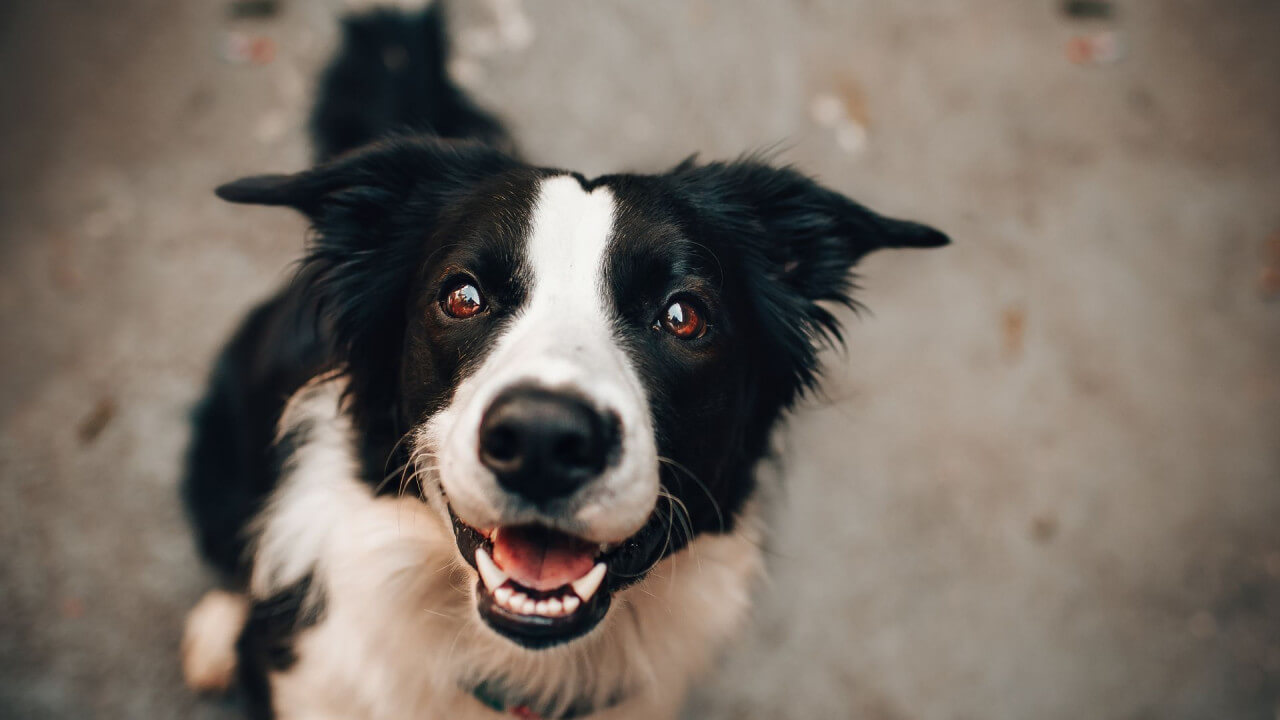
Just like humans, our furry companions rely on healthy teeth and gums for overall well-being. Dental problems in pets are surprisingly common, and neglecting them can lead to serious health issues down the road. Here's why prioritizing your pet's dental health is crucial, and how to ensure a bright, healthy smile for your furry friend.
Spotting the Signs: How to Know Your Pet Needs Dental Care
Our pets can't tell us when their mouths hurt, so it's important to be aware of the signs that might indicate dental problems. Here are some red flags to watch out for:
- Bad Breath: Chronic bad breath, also known as halitosis, is a common sign of dental disease. While occasional bad breath might be normal after a particularly stinky treat, persistent odor suggests tartar buildup or even an infection brewing beneath the gum line.
- Difficulty Eating: Does your pet seem hesitant to eat, or flinch while chewing? Pain caused by dental issues can make eating a discomforting experience. Pay attention to changes in eating habits, especially if your pet seems to favor softer foods over their usual kibble.
- Pawing at the Mouth: Excessive pawing or rubbing at the face and mouth could indicate pain or irritation from dental problems. This behavior might also be a sign of an oral object stuck in your pet's mouth, so a quick inspection is always recommended.
- Bleeding Gums: Healthy gums are pink and firm. Notice any redness, swelling, or bleeding from your pet's gums? This could be a sign of gingivitis, the early stage of gum disease. Don't ignore this symptom, as untreated gingivitis can progress to more serious periodontal disease.
- Loose or Broken Teeth: Loose teeth, or teeth that appear chipped or broken, are a cause for concern. These issues can be painful for your pet and could indicate underlying dental problems.
If you notice any of these signs, schedule an appointment with your veterinarian for a thorough dental checkup. Early detection and treatment of dental problems are key to maintaining your pet's oral health and overall well-being.
Keeping Your Pet Healthy: Why Professional Dental Cleanings Matter
Just like us, pets accumulate plaque and tartar buildup on their teeth over time. Regular brushing helps, but it can't remove everything, especially beneath the gum line. That's where professional dental cleanings come in. These cleanings, performed under anesthesia by your veterinarian, are essential for removing tartar buildup and preventing serious dental problems.
Here's how professional dental cleanings benefit your pet:
- Prevent Periodontal Disease: Plaque and tartar buildup harbor bacteria that can lead to gum inflammation (gingivitis). If left untreated, gingivitis can progress to periodontal disease, a serious infection that destroys the tissues supporting the teeth. This can lead to tooth loss, jawbone damage, and even pain that affects your pet's overall well-being. Professional cleanings remove this harmful buildup, preventing the progression of periodontal disease.
- Freshen Breath: Tartar buildup is a major culprit behind bad breath in pets. Professional cleanings eliminate this buildup, leaving your pet with a noticeably fresher breath.
- Improve Overall Health: Dental problems can have a domino effect on your pet's health. Bacteria from infected teeth can enter the bloodstream and travel to other organs, potentially affecting the heart, liver, and kidneys. Regular dental cleanings help maintain good oral health and contribute to your pet's overall well-being.
Brushing Your Way to a Healthy Smile: At-Home Dental Care Tips
Professional dental cleanings are vital, but they aren't a substitute for consistent at-home dental care. Brushing your pet's teeth regularly helps maintain good oral health between cleanings. Here are some tips to make brushing a positive experience for your furry friend:
- Start Early: Introduce your pet to teeth brushing from a young age. This allows them to get comfortable with the process.
- Use the Right Tools: Invest in a pet-specific toothbrush and toothpaste. Human toothpaste contains ingredients that can be harmful to pets, so stick to specially formulated pet toothpaste that's safe for them to swallow.
- Make it a Routine: Aim to brush your pet's teeth at least 2-3 times a week. Consistency is key to removing plaque buildup and preventing tartar formation.
- Keep it Positive: Offer praise and treats to make brushing a rewarding experience for your pet.
A Healthy Smile for a Happy Pet: Reata Veterinary Hospital Can Help
At Reata Veterinary Hospital, serving pet owners throughout Tucson, Marana, Green Valley, Sahuarita, and the surrounding communities, we understand the importance of comprehensive pet care, and that includes dental health. By following the tips outlined above and scheduling regular dental checkups for your pet, you're taking a proactive step towards their overall well-being.
Is it time for your pet's next dental cleaning? Our experienced and compassionate team at Reata Veterinary Hospital is here to help! We offer professional dental cleanings in a safe and comfortable environment, ensuring your furry friend receives the care they deserve. Schedule an appointment online today to discuss your pet's dental care needs. Remember, a healthy smile goes a long way in keeping your pet happy and healthy for years to come!
